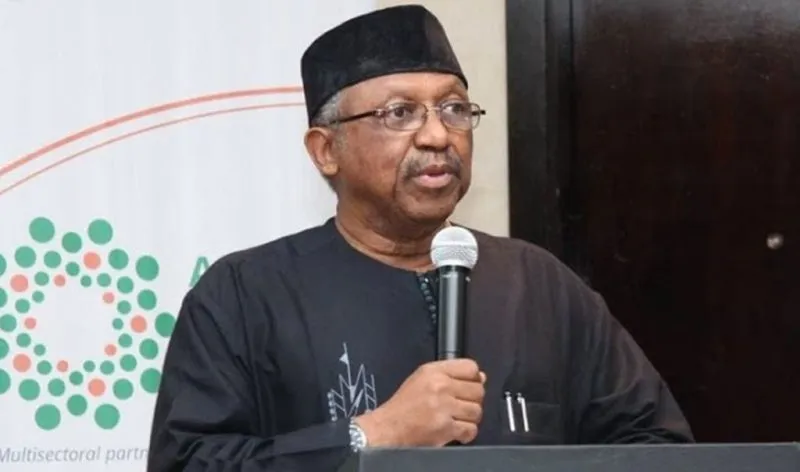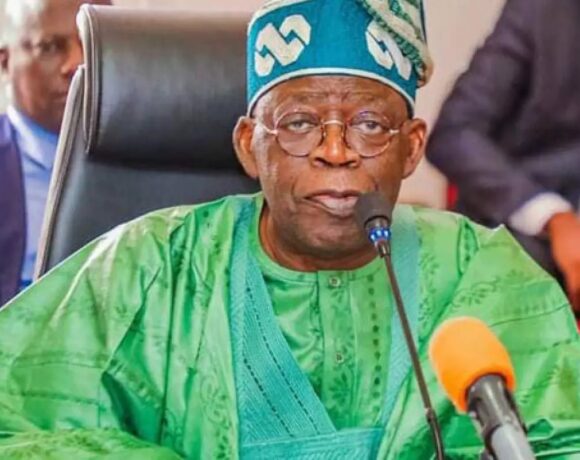TCN’s control of DisCos and sustainable electricity supply

Minister of State II for Power, Works and Housing, Alhaji Sulaiman Hassan Jara first announced that the Federal Government of Nigeria (FGN) planned to invest N72 billion in the electricity distribution companies (DisCo) – Daily Trust, May 13th, 2018. In a subsequent announcement, the Hon. Minister of Power, Works and Housing, Mr. Babatunde Raji Fashola (SAN), stated that the Federal Government had concluded plans to provide a N72bn convertible loan to the DisCos, which will be managed by the Transmission Company of Nigeria (TCN).
According to the Minister, the facility would be a shareholder loan which the DisCos (that were not part of the planning for this initiative) must be willing to match or the loan would be converted to equity. Mr. Fashola also stated that the facility is aimed at strengthening and expanding the country’s electricity distribution network currently being managed by privately licensed electricity distribution companies.
On the surface, this seems a laudable step by a government that has been pilloried repeatedly for not ensuring that more is done to improve power supply in the country. After all, being 40 percent equity holders in the DisCos, they should be more involved in ensuring that the downstream component of the power sector improves in efficiency. This will mark the first time the federal government is attempting to make direct interventions in the DisCos, since privatizing the entities in November 2013.
However, this new move has raised a lot of questions amongst industry watchers and stakeholders.
Most worrisome is the indication by the Minister that the facility will be managed by TCN. Should a government-owned entity that is a member of the value chain be put in charge of managing a facility for privately-owned DisCos that belong to the same value chain? Furthermore, an institution that barely has project management capacity of its own.
In the same vein, asking the DisCos to match the N72billion facility is mischievous, because it is a known fact that the DisCos’ books are currently encumbered with debt, as to make them technically insolvent, a situation principally driven by regulatory and policy inconsistency and federal government inability to meet its pre-conditions, under the Performance Agreements that it executed with the DisCos.
Should the foregoing scenario become a reality, an immediate implication is that there is a reversal to the pre-privatization period when the government was in charge. This backdoor approach towards redesigning the ownership structure of the DisCos will portend danger to an economy that is clamoring for critically needed foreign direct investment (FDI). No foreign investor will invest in an economy where we do not respect the sanctity of contract, riddled with regulatory inconsistencies, policy summersaults and a string of uncoordinated interventions. Indeed, this arrangement would be tantamount to a renationalization of the DisCos.
I mentioned above the need to address core issues and one of them is the need to ensure the market is founded on solid commercial principles. Without this, any government intervention is doomed to fail. Business cannot be run any other way than as business if it is to succeed. Without this clearly in our sights, much needed funds that could be used to address other social good will certainly go to waste under one ill-advised government intervention or the other.
The fundamental requirement of the NESI is a cost recovery structure that will allow the DisCo operators to both access the funding that is critical for capital investment (a fundamental requisite for efficiency and improved service delivery) and for sending the right pricing signal that will stimulate investment upstream of the NESI value chain.
As a matter of fact, one is tempted to ask that without a sustainable cost recovery structure in place, how will the N72 billion expected to be invested in distribution assets by the government be recovered?
With the current economic squeeze being battled, government certainly can’t afford to engage in sinking such an amount without a thought on how to recoup it.
Definitely, any thought of the N72 billion being recovered as loans on the DisCo books is one that is out of touch with reality.
In addition, is there any proof-based assessment or study done that shows that this intervention will either enhance or improve the power supply challenges and bottlenecks that currently exist, especially given the current misalignment of the electricity value chain? The Minister made mention of the fact that Original Equipment Manufacturers (OEMs) have been asked to indicate interest to supply equipment but no mention was made about what specific needs the equipment will be deployed to addressed or what data is informing the choice of the equipment that is being sourced. Is there any collaboration with the DisCos to even know what is needed on ground?
Talking further on collaboration with the DisCos, how does the FGN’s intervention relate to the DisCos’ business plans and network expansion plans? If there is a disconnect, between these, the possibility of this becoming a “white elephant” project may increase sharply.
With the current suppressed electricity tariff, consideration should be given to the fact that any distribution infrastructure investment in wrong areas would worsen the market shortfall that currently exceeds N1 trillion.
On a final note, I believe and hold that greater attention needs to be applied to establishing the market conditions that will enable the market evolve organically and consistently into one that is driven by the market forces of supply and demand, contracts, price competition, improved service delivery and efficiency. That is where the sustainable solution lies.
Have we forgotten so soon, the comparative example of the telecom industry that has become a success story in its own right, which – while a different business model – evolved to its current competitive and expansive state as a result of an environment that allowed for the free play of market forces, consistent and balanced policy and regulatory formulation and implementation, and a structured investment model that sent all of the right signals for the ease of entry of investors and capital?
The emphasis should be on sustainable and collaborative interventions geared towards ensuring that the power sector becomes a functional and self-sustaining sector, that will underpin the nation’s aspiration to be among the top twenty industrialized nations of the world.
Ikese wrote this piece from Jos, Plateau State.
The Insight Report
Nigeria Coverage



